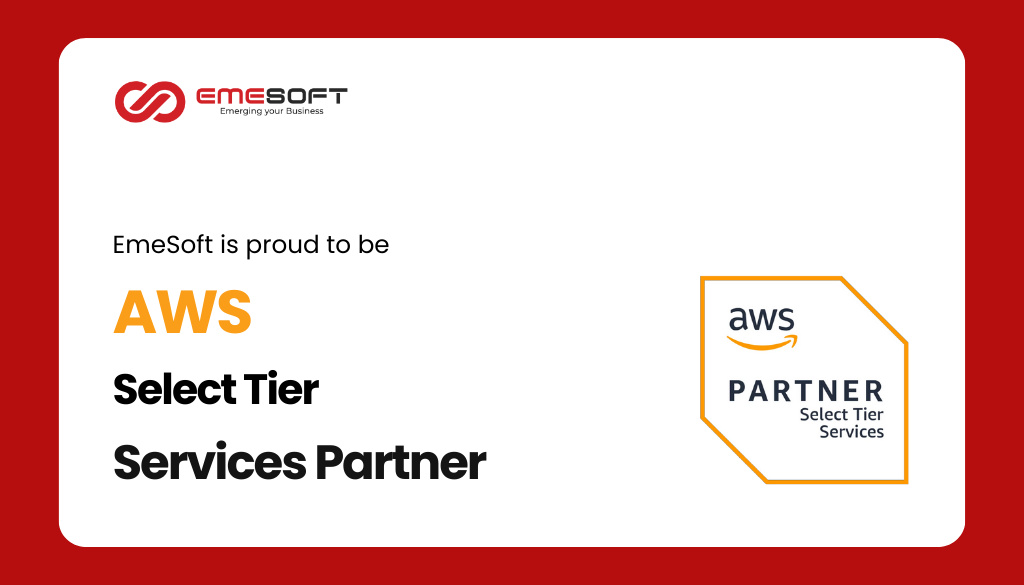In an era where data reigns supreme, the ability to navigate the sprawling seas of information is crucial for any business aiming to thrive. Emerging strategies rooted in data analysis are no longer just a competitive edge but a cornerstone of sustainable business growth. This is where Tableau emerges as a beacon of insight, offering a suite of tools that transform raw data into strategic assets. Let’s explore how Tableau stands as a vital cog in the machinery of modern data-driven business strategies.
What is Tableau?
Tableau is a powerful and fast-growing data visualization tool used in the Business Intelligence Industry. It helps in simplifying raw data into a very easily understandable format. Data analysis is very fast with Tableau, and the visualizations created are in the form of dashboards and worksheets. The best part about Tableau software is that it doesn’t require any technical or any kind of programming skills to operate.
The company’s mission is clear: to help people see and understand data. To this end, Tableau excels in enabling users to perform complex data analysis tasks and create stunning visualizations that bring numbers to life.
The Business Edge with Tableau
Businesses that leverage Tableau can exploit its robust analytics to make informed decisions quickly—an invaluable asset in the fast-paced commercial world. Here’s how Tableau can revolutionize your business strategy:
1. Data Visualization: Tableau’s ability to create interactive and shareable dashboards reflects its strength in transforming data into actionable insights. It presents complex data in an accessible way, allowing businesses to grasp difficult concepts and identify new patterns.
2. Real-time Data Analysis: In today’s dynamic market, real-time data analysis is pivotal. Tableau provides live data analytics, which means businesses can respond to changes as they happen, staying a step ahead.
3. Integration Capabilities: Tableau’s ability to integrate with many databases and other IT infrastructure components makes it highly versatile. It can blend all types of data including big data, SQL databases, spreadsheet data, and even cloud data.
4. Ease of Use: Tableau is designed with the user in mind, ensuring ease of use without compromising on functionality. This user-friendly approach means you don’t need to rely on IT staff or data scientists to generate reports.
5. Sharing and Collaboration: It is crucial for businesses to make decisions as a team, and Tableau fosters this collaborative environment. You can share your dashboards with anyone and make data-driven decisions as a cohesive unit.
The Strategic Advantage

Adopting a data-driven strategy is not merely about adopting a new tool; it is about changing the way a company thinks and operates. Tableau serves as the lens through which businesses can see their operations clearly and identify opportunities for growth and improvement. It empowers businesses to:
- Enhance customer understanding and personalize offerings.
- Optimize processes and supply chain efficiencies.
- Predict trends and adapt strategies accordingly.
- Foster a culture of analytics and evidence-based decision-making.
Conclusion
Tableau is more than just a tool; it’s a transformation catalyst for businesses ready to embrace a data-driven future. The visualizations and insights gleaned from Tableau can not only tell you where your business has been but also illuminate pathways to where it needs to go. By unlocking the power of your data, Tableau places you in the pilot seat, navigating the skies of the industry with precision and confidence.
As we continue to delve into an age where data is the currency of choice, having Tableau in your arsenal is not just an advantage—it’s an imperative. The question now is not if your business should adopt Tableau, but how quickly you can integrate it into your strategy to start reaping its benefits.
Embrace the power of your data with Tableau and let your business strategy be guided by insight, not instinct.





